Affiliate links on Android Authority may earn us a commission. Learn more.
6 most controversial apps and games of 2015!
Published onDecember 30, 2015

To put it bluntly, not every developer makes good decisions when releasing or updating their applications. Wrong moves get made, people get angry, and we have ourselves a good old fashioned controversy. 2015 was a more tame year than usual, but we still had some moves that made people angry. Buckle up, folks, here are the most controversial apps and games of 2015!
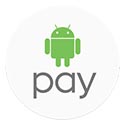
[Price: Free]
Android Pay was announced to heavy fanfare at Google I/O. The premise was easy enough to understand. It was to be a revamped and improved tap-to-pay system that rivaled Apple Pay and could be used throughout the Android ecosystem by apps, games, and even online retailers. The roll out of the service has left a little bit to be desired.
For starters, the new Android Pay doesn’t work on rooted devices for security reasons. This is in stark contrast to Google Wallet, which worked on rooted and non-rooted devices alike and irked the root community so bad that Google employees actually took to the XDA forums to explain what happened. To follow it up, Google Wallet was gutted and turned into a PayPal clone with its biggest feature being able to send money to friends and manage your account which are features it already had. In classic Google fashion, the apps still work together but are disjointed as a whole. Everyone has calmed down about it now, but you can still find remnants of a start that wasn’t pretty and people who still aren’t happy about the whole thing.

[Price: $3.99 with in-app purchases]
The developers of Monument Valley may have won the most controversial tweet from a mobile game developer in 2015 when they tweeted that 5% of their Android installs were paid for and 95% were not. Despite ustwo not saying one damn word about piracy, this sparked quite the commotion and began one of the most in-depth discussions about mobile piracy to date. Not only was the problem unleashed upon the masses in a way it had never been done before, but it also encouraged other developers to post about their numbers and show that piracy really is a problem on mobile.
Unfortunately, instead of it being a positive thing, people threw a proverbial temper tantrum as pirates across the Internet took to the message boards to defend themselves. They used every Internet troll trick in the book, from calling ustwo flat out liars to taking the numbers out of context to create fallacious arguments. The backfire was so bad that ustwo did an interview with Recode to try to calm everybody down. The meltdown did eventually blow over and, of course, nothing good came of it. Almost hilariously, Modern Combat 5: Blackout went freemium just two months later and people simply couldn’t understand why.
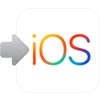
[Price: Free]
Apple had every chance in the world to make a good impression on Android users with their first Android app. The whispers that they would be joining the Play Store have been around for a year or longer so it was never really a question of if, but rather a question of when. Maybe iTunes for Android? Perhaps Apple Music? Nope, Apple’s first Android app was to help Android users move to iOS.
To start with, the application actually does work quite well. It transfers all of your stuff to Apple’s services so you can just sign into your next iPhone. Of course, this was taken as a huge offense to the Android fan boys and girls who immediately took to the app’s page on Google Play to unleash probably the heaviest stream of 1-star ratings I’ve seen since Facebook Home. This created a divide in the Android user space between people who relentlessly trolled Apple and those who found that sort of behavior childish. The vitriol even sparked a parody application called Stick with Android that’s received 10,000 5-star ratings and a 4.8 Google Play rating. The Move to iOS thing has all but subsided, but the impact it had can still be seen with every Apple app release because they now get a slew of 1-star ratings just because it was released by Apple.
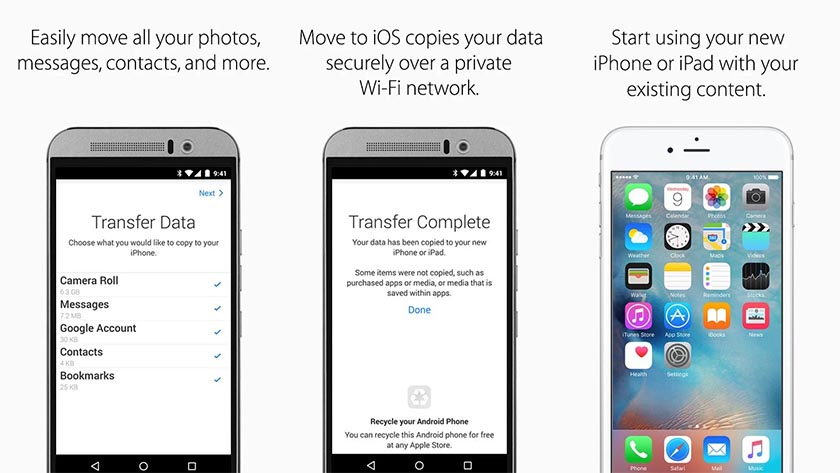
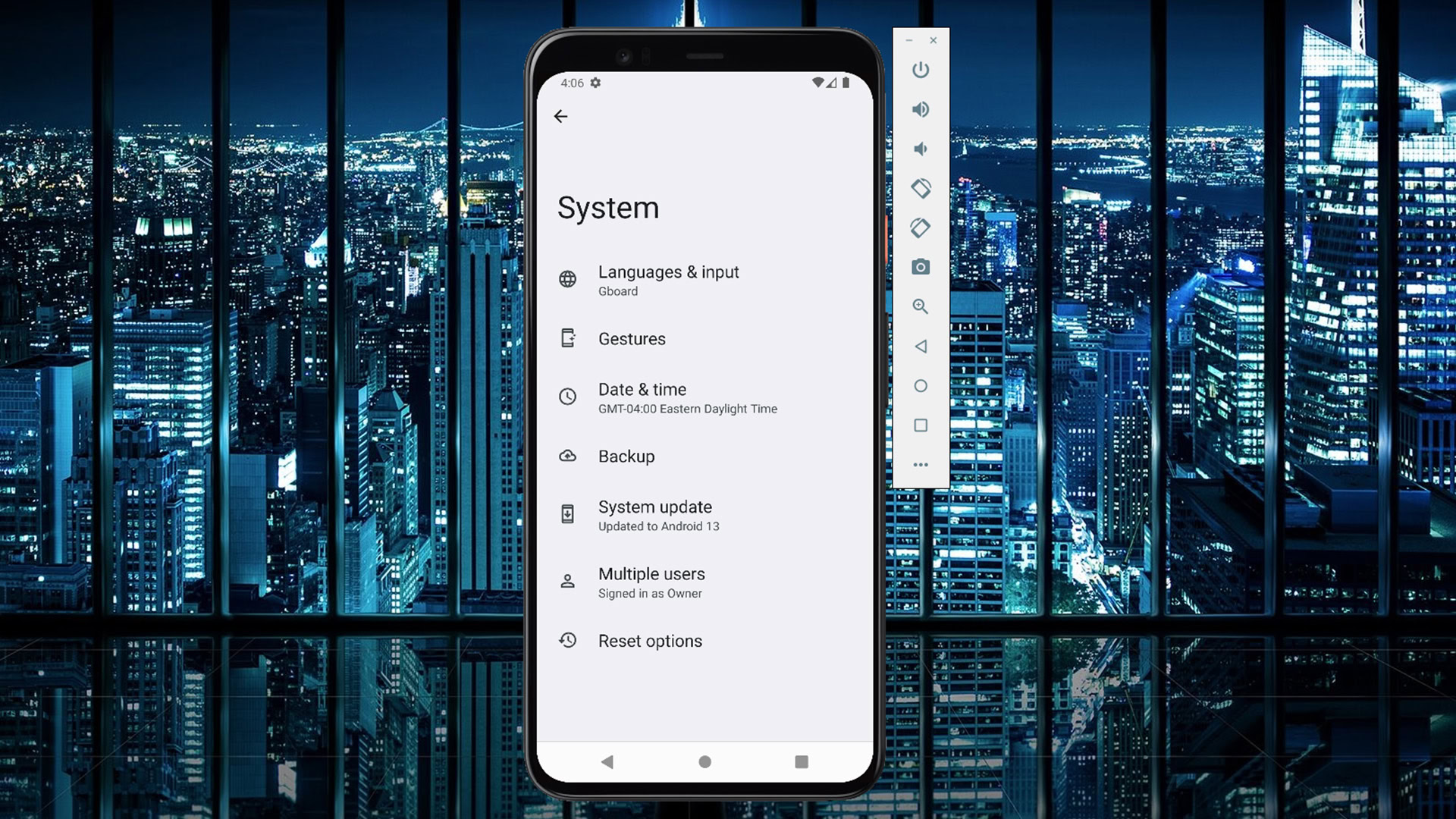

[Price: Free with in-app purchases]
Pushbullet became the latest victim of actually trying to make money off of their platform and it seems like they went about it the wrong way. The popular platform is considered the de facto solution for transferring files between computers and mobile phones and the extra features such as texting from PC, universal copy/paste, and others made it a fan favorite. That is, until they started charging $40/year for it.
What made Pushbullet so interesting was that nothing it did was wrong. It’s still a great app with great features and great stability. The problem seems to be centered around how they went about transitioning into a paid app. Users have lamented the allegedly exorbitant cost of Pushbullet Pro and how the free version was gutted just to make the premium version look better, which some felt was insulting. The push back was so intense that Pushbullet’s team took to Reddit to do an AMA which seems to have calmed the public down quite a bit. As of now, the price remains $5/month and $49.99/year and the competition has been trying to take advantage of that.

[Price: Free]
Telegram is actually a really good messaging service that focuses on encryption, security, and privacy. Now, if they could only do something about all those terrorists that want to use their service. Yes, it’s true, Telegram received a lot of press this year after it was reported that ISIS encouraged members to use the app in order to talk privately about their various ISIS activities so governments couldn’t track them. The app’s developers caught a little flack after some footage from TechCrunch Disrupt was dug up that showed the developers knew that ISIS used their app. Since then, they’ve tried to make things right by shutting down dozens of ISIS channels but they seem to keep coming back. This whole development came about after the attacks in Paris so the fallout is still uncertain, but so far Telegram has seemed to rebound nicely after it was cleaned up a bit.
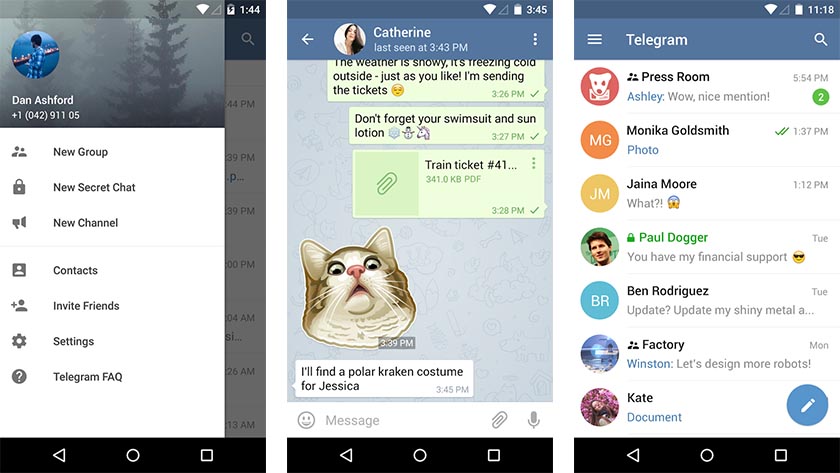

[Price: Free]
Our loyal readers may remember Yik Yak from its inclusion in our most controversial apps of 2014. Yes, it’s here again and believe it or not, it managed to top its performance from last year. It started with that huge thing at Missouri University that I’m sure most of you have heard about. You may have heard about two students who were arrested for issuing death threats to black people, right? Yeah, they did that on Yik Yak.
That wasn’t the only time racism found its way onto this application. Princeton University has had problems with it all year while a Colorado Springs student was suspended after racist comments concerning black women. There has been more than one movement to ban the service from college campuses, but they have all been highly unsuccessful. So far, about all the app developers have done is place geofences around middle and high school areas to prevent kids from using it. In October 2015, Google removed the app from its top charts. We won’t know how effective that will be in the long term, but don’t be surprised if this app is right back here next year.
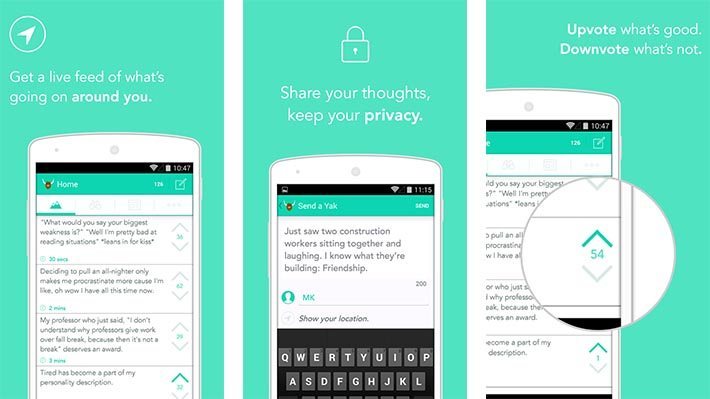
Related best app lists:
If there were any controversial apps or games that caused a big stir this year that we didn’t cover here, tell us more about them in the comments!!